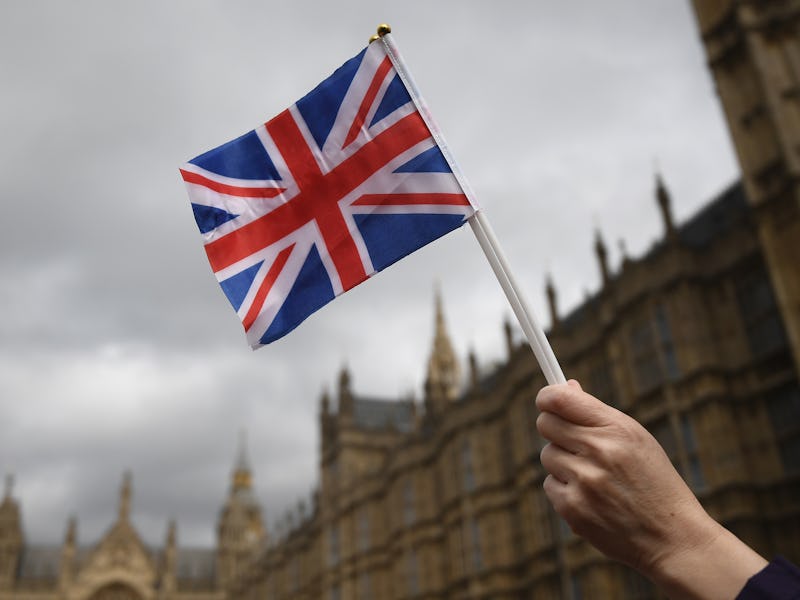Between the U.S. Presidential elections, and the email leak before Sunday’s French election, it’s become clear that democratic processes are extremely vulnerable to tampering. A big platform for that psychological warfare is Facebook, home to propaganda presented as journalism.
On Monday, Facebook deleted tens of thousands of fake accounts based in the United Kingdom in an attempt to protect the UK’s general elections next month. At the end of April, the company released a white paper detailing how it will protect users from intentional misuse of Facebook to alter the outcomes of elections.
Instead of defining fake news itself, Facebook will track usage data and how people interact with posts to help prevent the spread of bots and misleading information on the site. Although the action doesn’t stop people from writing misleading content, it’s a step in the right direction to keep elections from being swayed by networks of false accounts.
Facebook has long focused on protecting its users from things like malicious hacking and malware. But in April, it released a white paper saying that the security team also sees intentional manipulation of things like elections as a breach in Facebook security.
“In brief, we have had to expand our security focus from traditional abusive behavior, such as account hacking, malware, spam and financial scams, to include more subtle and insidious forms of misuse, including attempts to manipulate civic discourse and deceive people,” Facebook wrote in the Information Operations white paper (emphasis ours).
The UK election happening on June 8 is a “snap election,” an election called earlier than usual. In this case, it’s basically a way for Prime Minister Theresa May to prove that she has the public support to be prime minister and go through with a hard-line version of Brexit. Because of the political climate in Great Britain right now, it’s kind of expected that May will get the support she needs and there won’t be any major changes in Brexit. Either way, it’s an important vote for the UK and marks a major challenge for Facebook’s ability to protect users from misinformation.
On Monday, Facebook deleted tens of thousands of fake accounts that were based in Great Britain.
Bot Accounts Share Fake News
The “automated accounts” were identified as being fake because these accounts repeatedly share identical content or send a huge volume of messages. Along with this, Facebook is changing how stories show up in the news feed to keep stories that people click on and don’t share from spreading. The idea is that people will click on pieces with great headlines but don’t share them because the content is just ads.
Although this doesn’t keep people from writing and sharing misinformation, it is a step that prevents people from manipulating how Facebook works to share specific material. And when it comes to keeping voters from getting bad information that can screw them over, designing a system that’s harder to manipulate is an important move.
